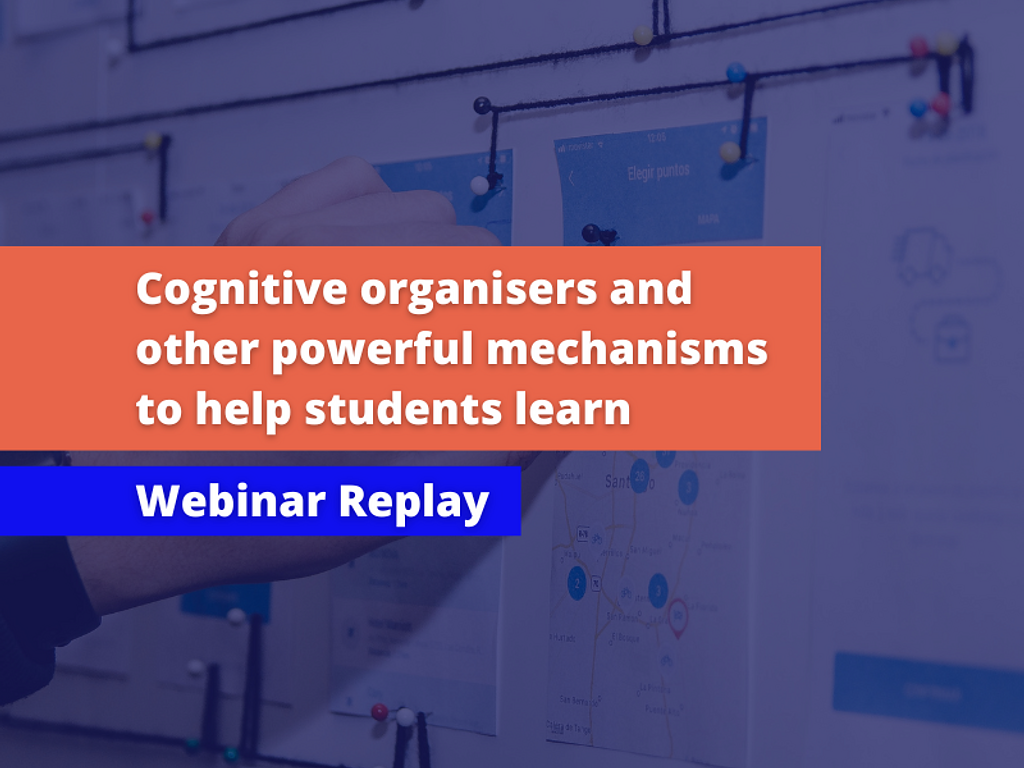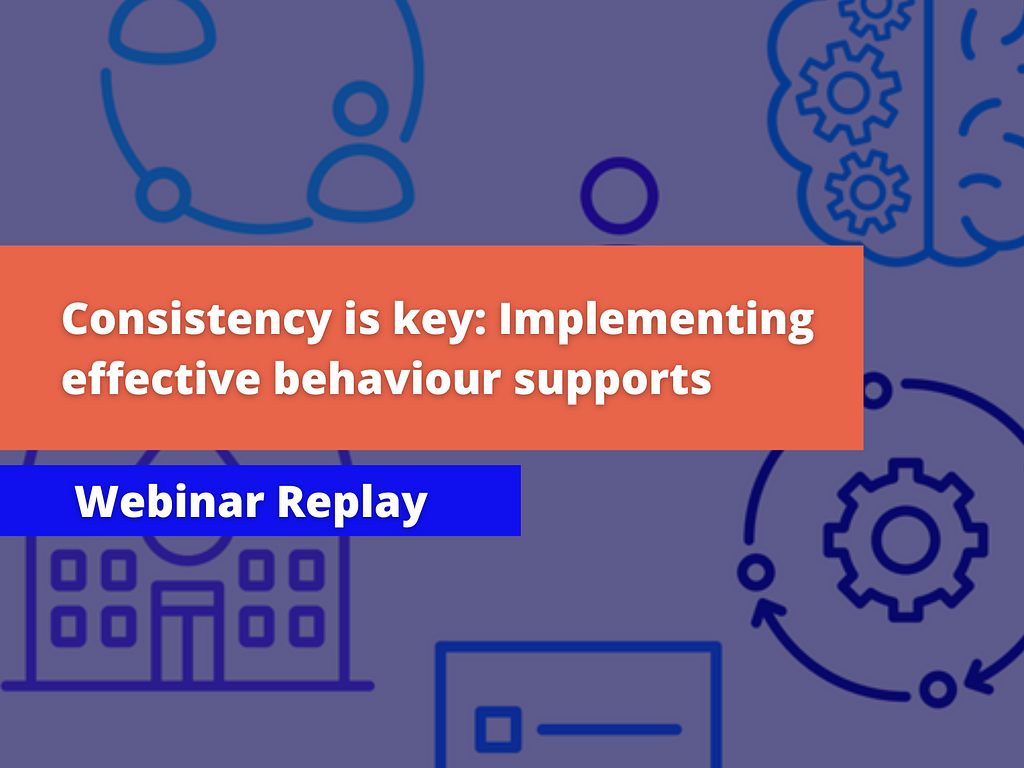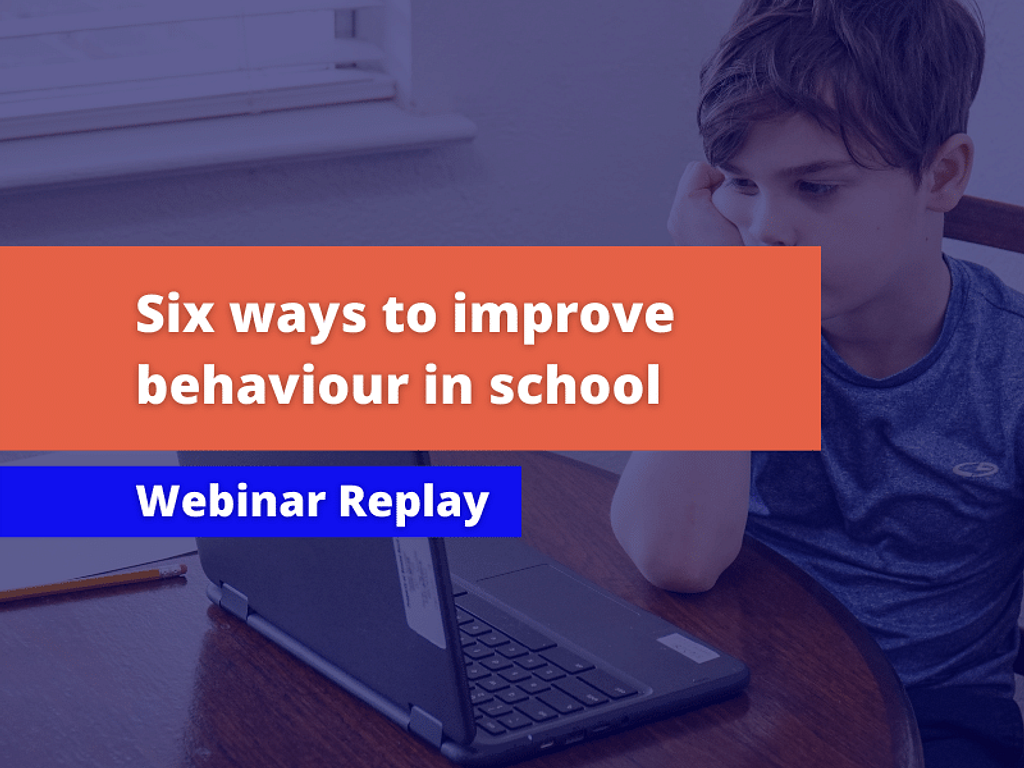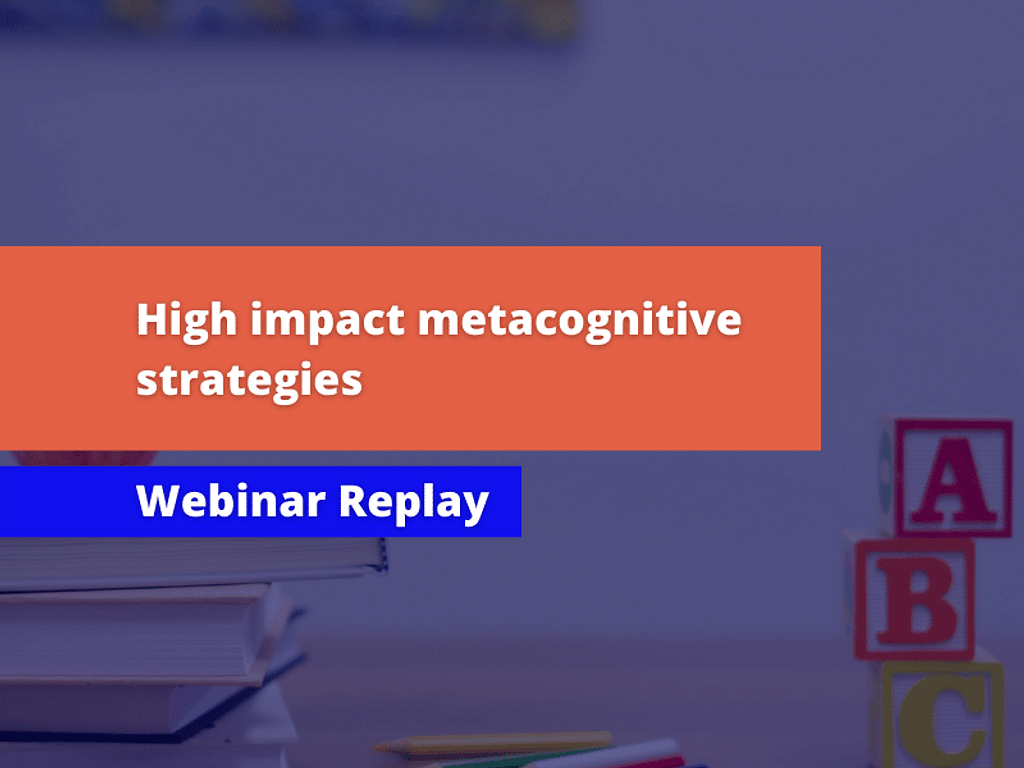Support for our most disadvantaged students requires strategic state and national decisions, logistical leadership by schools and high-quality teaching from dedicated teaching staff. Schools are best placed to know their communities, know their families and know their students.
When we use the word ‘behaviour’ we can quickly assume that it relates solely to strategies to manage misbehaviour in the classroom. Crucial as these are, there is another dimension: how teachers can also explicitly support students’ ‘learning behaviours’. As we teach these, developing and strengthening learning behaviours in our students, they become more motivated, engaged, and determined to succeed.
So, what do we mean by learning behaviours? A learning behaviour can be thought of as a behaviour that is necessary in order for a person to learn effectively in the group setting of the classroom (Ellis and Todd, 2018).
Learning behaviour work has developed from the rich and diverse evidence base represented in the E4L guidance reports on metacognition and self-regulated learning, working with parents, and social and emotional learning.
This page is an overview of current evidence on how to support students to become effective and self-motivated learners. It draws on: relevant topics from our Teaching and Learning Toolkit and other evidence-based resources we hope will be useful.
References
Ellis, S. and Todd, J. (2018) Behaviour for Learning, Routledge.
Metacognition and self-regulation
Social and emotional learning
Behaviour interventions
Parental engagement
These approaches in the Toolkit all show moderate-to-high impact on student achievement for very low cost. This means they are approaches which schools are right to consider very seriously when deciding how to support students’ learning in a more holistic way and improve student achievement most cost effectively.
While many of these practices are used in classrooms to some extent, the evidence shows that high impacts shown in the Toolkit can be difficult to achieve in practice, and that teachers need specific training to be able to help students develop these effective learning behaviours alongside content knowledge. Schools can plan to use the Toolkit to establish ‘best bets’, approaches that are likely to make a positive difference to students in school.
Effective implementation of learning behaviours requires school leaders to develop a shared language for their school culture and to explore areas for improvement using a robust diagnostic process to then make evidence-informed decisions. A clear, logical and well-specified plan will be communicated with infrastructure prepared. Delivering and sustaining the plan will require creativity and flexibility, however the underlying essential elements (or active ingredients) should remain at the heart. For more ideas around effective implementation, E4L’s Putting Evidence to Work: A School’s Guide to Implementation may provide a useful framework.
Guidance Reports
Guidance Reports
Guidance Reports
Guidance Reports

Webinars


Webinars


Webinars


Webinars
